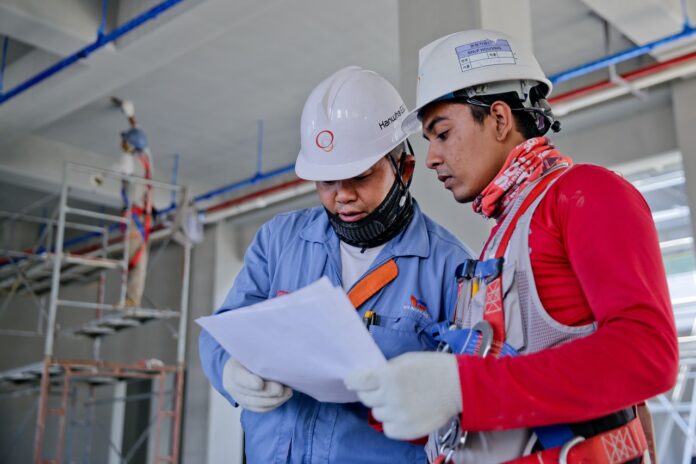It’s recommended that you take time off work to recover even when you’ve got a cold. However, 90% of employees say they force themselves to go to work when they’re sick. One reason for this is the amount of money sick workers lose. But all that could be about to change as two-thirds of employers say they support increasing statutory sick pay (SSP). This is certainly a good move when it comes to protecting employees’ health and safety in the workplace, but is it enough?
Risky work
Many workers say they’re boss makes them go to work when they’re sick. There’s no law preventing this but it could land your employer in trouble. One of the biggest risks associated with going to work when you’re ill is that you make your colleagues sick too. The Health & Safety Executive (HSE) states that ‘It is an employer’s duty to protect the health, safety and welfare of their employees’. Allowing you to pass your bug onto your co-workers certainly goes against this. Another risk is that you’ll push yourself too hard, get more sick, and may even experience burnout.
Increased chance of injury
One study found that workers who were given sick leave were almost 30% less likely to experience an injury in the workplace. This is because sick workers take medications that make them drowsy, they have poor concentration, and experience fatigue. A range of minor and serious injuries were reported, including fractures, sprains, cartilage damage, and spinal cord injuries. This can have a devastating impact, as confirmed by FVF Law. They state ‘Along with the physical impact to your health, a work injury can cause tension between you and your employer, making you fear for your financial wellbeing. It may also affect your ability to earn a living, either temporarily or permanently.’ With this in mind, employers really must think of ways to better protect workers who are unwell and unfit for work.
A step in the right direction
The Chartered Institute of Personnel and Development (CIPD) has called for SSP to be raised to £62 per day and for the associated earnings threshold to be removed. The Resolution Foundation added that SSP was “inadequate” due to the number of people who don’t qualify for it. They estimate two million of the country’s lowest paid workers aren’t eligible for SSP, so have no choice but to work when they’re not well enough. It’s reassuring that the majority of employers have recognised that employees need to be able to rest up and recuperate when they fall ill. Some employers have even gone one step further. More than 61% of employers provide full sick pay to their workers when they take time off sick. However, there’s still a large percentage of businesses that aren’t protecting their workers’ health and safety as much as they could do.
Too many workers are forcing themselves to work when they’re not well. Employers need to swiftly put suitable measures and financial assistance in place to safeguard all of their workers.







